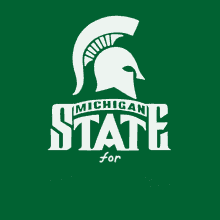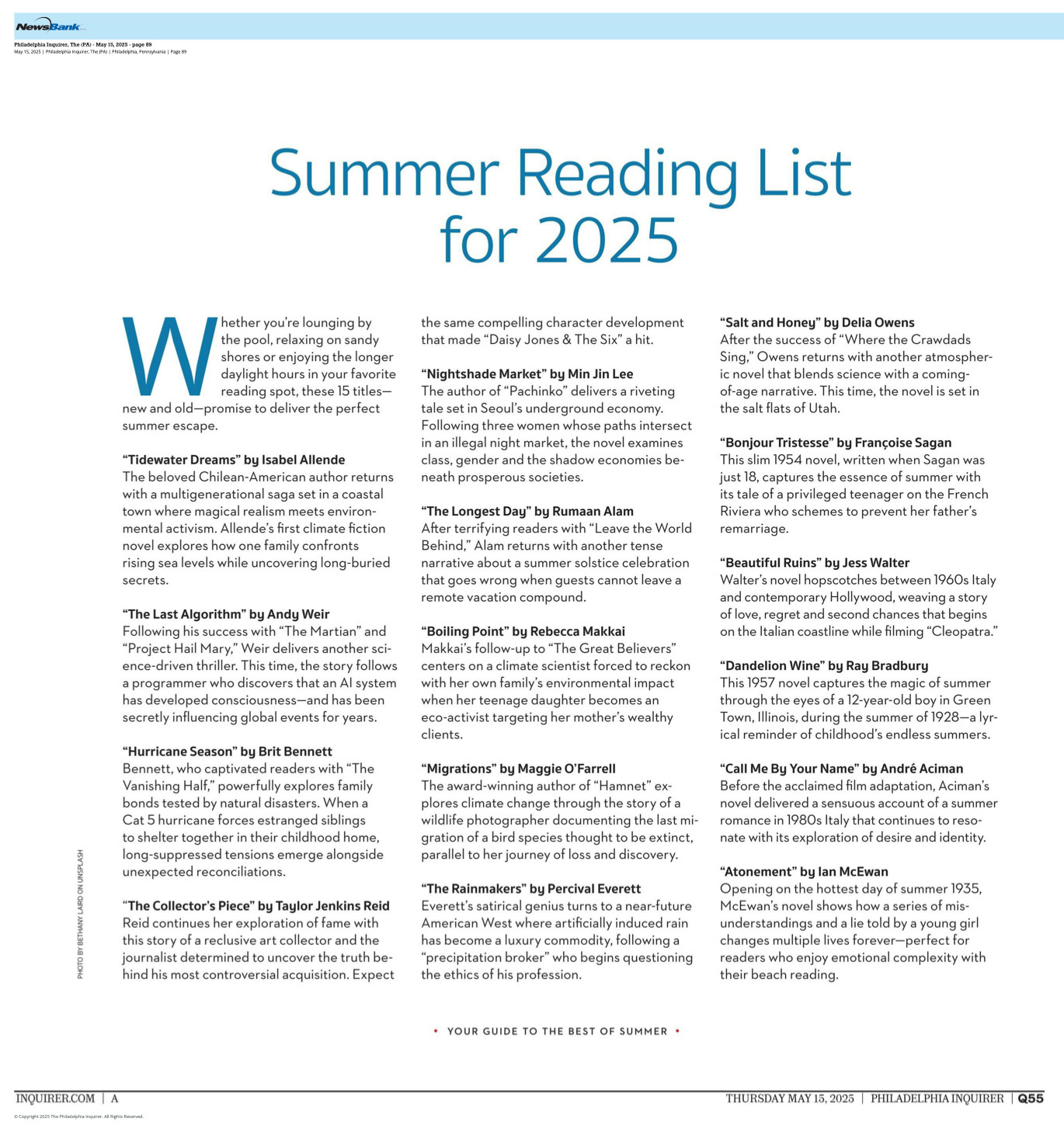The AI industry has promised to “disrupt” large parts of society, and you need look no further than the U.S. educational system to see how effectively it’s done that. Education has been “disrupted,” all right. In fact, the disruption is so broad and so shattering that it’s not clear we’re ever going to have a functional society again.
Probably the most unfortunate and pathetic snapshot of the current chaos being unfurled on higher education is a recent story by New York magazine that revealed the depths to which AI has already intellectually addled an entire generation of college students. The story, which involves interviews with a host of current undergraduates, is full of anecdotes like the one that involves Chungin “Roy” Lee, a transfer to Columbia University who used ChatGPT to write the personal essay that got him through the door:
When you think about the current assault on the educational system, it’s easy to forget how quickly this has all happened. A more recent story from 404 Media shows that the American educational system was largely caught unawares by the deluge of cheating that the AI industry would inspire. After accumulating thousands of pages of school district documents via FOIA requests from around the country, 404’s Jason Koebler found that ChatGPT has “become one of the biggest struggles in American education.” Koebler’s reporting notes that, in the early days of the AI deluge, school districts were courted by “pro-AI consultants” who were known to give presentations that “largely encouraged teachers to use generative AI in their classrooms.” For instance, Koebler writes that the Louisiana Department of Education sent him…When he started at Columbia as a sophomore this past September, he didn’t worry much about academics or his GPA. “Most assignments in college are not relevant,” he told me. “They’re hackable by AI, and I just had no interest in doing them.” While other new students fretted over the university’s rigorous core curriculum, described by the school as “intellectually expansive” and “personally transformative,” Lee used AI to breeze through with minimal effort. When I asked him why he had gone through so much trouble to get to an Ivy League university only to off-load all of the learning to a robot, he said, “It’s the best place to meet your co-founder and your wife.”
In other words, AI acolytes seemed to anticipate that the technology would effectively ruin essay-writing and test-taking, and wanted to spin it to present the ruination as mere “transformation”—a new way of doing things—instead of a destructive force that would devastate education.…a presentation it said it consulted called “ChatGPT and AI in Education,” made by Holly Clark, the author of The AI Infused Classroom, Ken Shelton, the author of The Promises and Perils of AI in Education, and Matt Miller, the author of AI for Educators. The presentation includes slides that say AI “is like giving a computer a brain so it can learn and make decisions on its own,” note that “it’s time to rethink ‘plagiarism’ and ‘cheating,’” alongside a graph of how students can use AI to help them write essays, “20 ways to use ChatGPT in the classroom,” and “Warning: Going back to writing essays—only in class—can hurt struggling learners and doesn’t get our kids ready for their future.”
This new way of doing things appears to be corrosive not just to students but also to teachers. Koebler’s investigation shows that the AI lobbyists courted schools by making appeals to instructors, showing them that the likes of ChatGPT would make curriculum-building and assignment-giving that much easier. Now, teachers, too, seem to be taking the easy way out, as a recent New York Times story shows that college professors have been using chatbots to create their lesson plans, just as their students are using them to complete said lesson.
Click on the link for the full article



